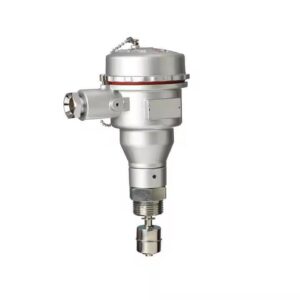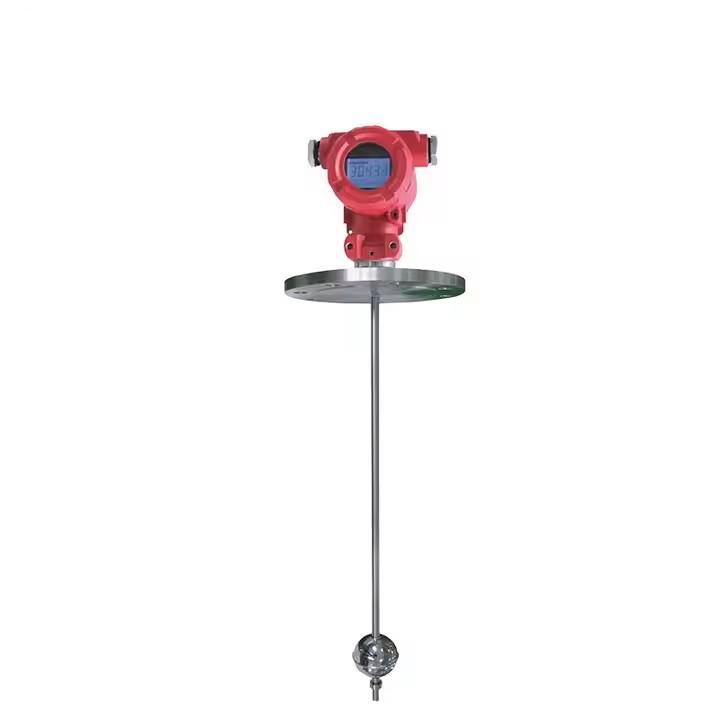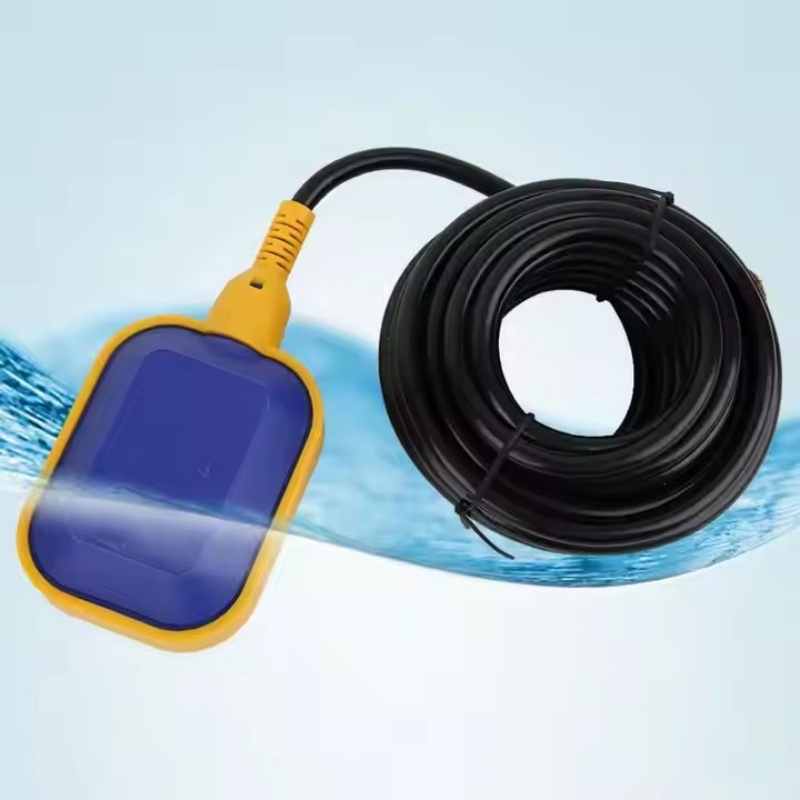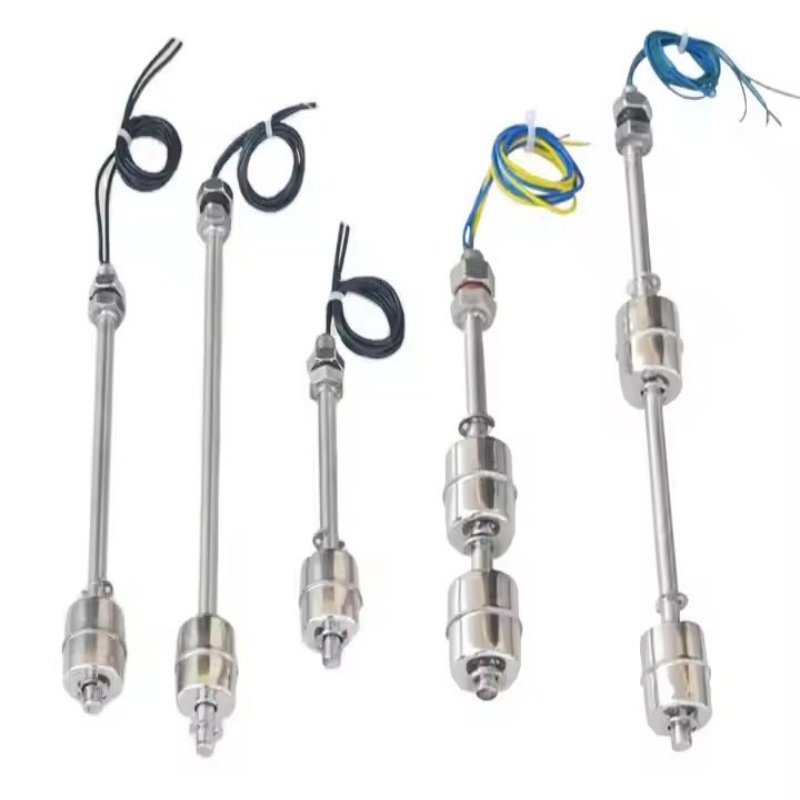Modern industrial operations demand precision in liquid/air interface management – a challenge our Continuous Float Liquid/Air Water Level Sensor Switch addresses through patented multi-point level control technology. Unlike single-threshold detectors, this industrial-grade solution enables simultaneous monitoring of up to 5 critical levels within tanks, reactors, or pipelines.

Advanced Multi-point Architecture
Engineered with rhodium-contact reed switches (99.95% purity), the sensor achieves <10mΩ contact resistance across 10⁸ operational cycles. The modular design supports Type B/E/F/P connection boxes for flexible integration with PLCs or alarm systems, while SUS316L/PVDF construction ensures corrosion resistance in <200℃ environments.
Critical Applications
- Chemical Processing: Safeguard distillation columns by triggering pumps at 3 predefined levels (high/medium/low)
- Food Production: Maintain CIP fluid layers with ±1mm accuracy in sterilization tanks
- Energy Systems: Prevent turbine damage through steam/condensate phase detection
Operational Superiority
- 5-year MTBF (Mean Time Between Failures) validated in petrochemical trials
- 0.5-second response time for emergency shutoffs during overfill risks
- 3-year warranty with on-site calibration support
Our multi-point system eliminates costly secondary sensors through customizable Lmax≤5m configurations. The magnet activation mechanism provides failsafe operation across -40℃~200℃ extremes, while ODM/OEM services deliver application-specific adaptations for:
- Explosion-proof ATEX environments
- High-viscosity fluid detection
- Multi-lingual HMI integration
Precision Multi-point Level Control Starts Here
Transform your operational safety and efficiency with granular fluid management. Contact our technical team with in 24 hours for:
- Free application analysis
- ROI calculation templates
- Emergency replacement protocols



